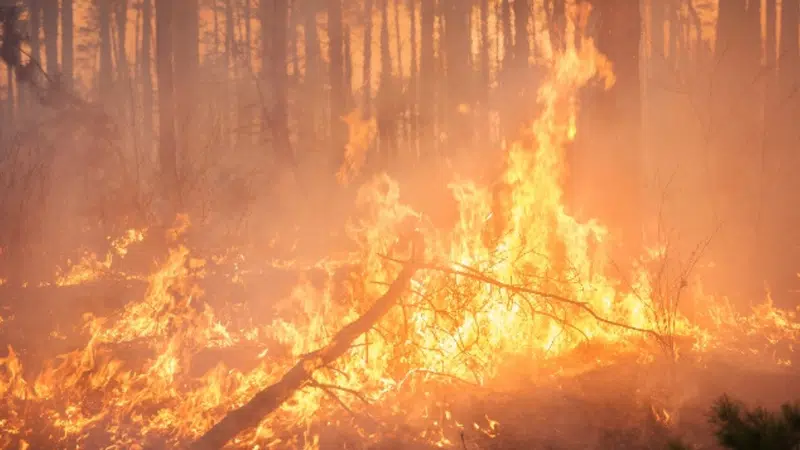
Alberta rolls out new wildfire prevention measures
The Province is preparing for the upcoming wildfire season, by rolling out some new enforceable measures.
In 2019, Alberta spent over $600-million fighting wildfires, which destroyed over 2-million acres of forest. Of those fires, 71 per cent were human caused, and preventable.
Because those figures were so high, the Minister of Agriculture and Forestry, Devin Dreeshen, says the province has decided to hire more fire fighters.
“We are making an additional $5-million investment to hire and train 200 more wildfire fighters here in Alberta. We’ve already trained over 600 fire fighters, and they will join the 370 year round staff, in protecting Albertans, and their communities.”
